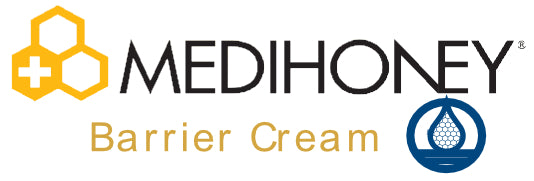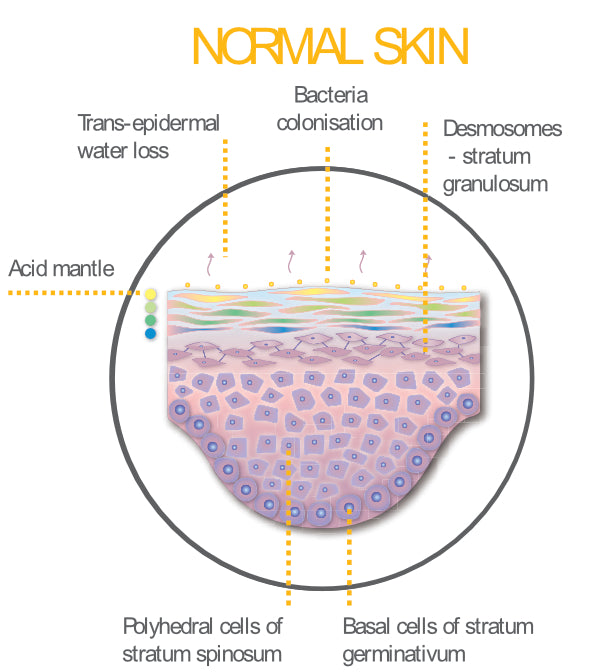Medihoney® Information & Instructions
Medihoney is a barrier cream which helps to maintain the skin's barrier properties. It is specially formulated with a range of natural ingredients and is used to soothe and settle at-risk or irritated skin. The adhesive tapes cannot be applied on top of Medihoney cream.
Instructions
If you notice that the skin under the EarBuddies™ splint, behind the ear, or beneath the adhesive tapes becomes irritated, remove the tapes, gently clean and dry the area, and apply Medihoney to soothe the skin. A little goes a long way, so use a pea-sized amount. Leave Medihoney on the skin with the tapes off for as long as it takes for the skin to settle (reapply Medihoney after bathing). Once the skin has settled, ensure the area is clean and dry before continuing with splintage. You may wish to apply Cavilon™ Barrier Film to the area at this point to protect against any future inflammation. Please note that if the area is not clean and dry, a layer of residual Medihoney will prevent Cavilon from sticking as well as it otherwise would, even when it appears that the Medihoney has been absorbed by the skin. Please also note that the adhesive tapes will not stick directly on top of Medihoney.
Ingredients
- Purified water, Manuka Honey, Coconut Oil, Natural Triglyceride (Caprylic/Capric Triglyceride), Silicone Fluid 593, Cetomacrogol 1000, Cetostearyrl Alcohol, Bees Wax White, Evening Primrose Oil, Sodium Benzoate, Aloe Badadenis, D-Alpha Tocopherol Acetate, Vitamin E (D-Alpha Tocopherols), Chamomile (Matricaria Recutela), Xanthum Gum.
- No added colour, fragrance, Lanolin, Parabens, Steroids or Mineral Oils.
Precautions
When using for the first time, patch test on a small area of skin. If irritation occurs discontinue use.

The Skin
Normal skin has a naturally acidic protective mantle. The acid mantle helps to hydrate the skin by protecting it from drying and from harmful bacteria. Skin ailments such as eczema and dermatitis are linked to a disrupted acid mantle with subsequent colonisation by bacteria such as Staphylococcus aureus. The use of Medihoney Barrier Cream helps maintain the skin’s protective pH.
In vitro studies have shown Staphylococcus aureus to be one of the most sensitive bacteria to Medihoney Antibacterial Honey.

Antibacterial Properties
Medihoney skin care products contain medical grade Antibacterial Honey. Advanced biomedical research has identified specific plants that produce honey with exceptional antibacterial activity. The antibacterial activity of honey differs according to the plant species and may vary enormously within any one species. Medihoney Antibacterial Honey™ is a standardised antibacterial honey, predominantly Leptospermum sp. selected for its broad range of antibacterial actions.
In 2007, the journal Wounds featured an article that evaluated the in vitro activity of Medihoney Antibacterial Honey against a challenge set of 127 clinical isolates with multiple antibiotic resistance. The study showed that the Medihoney Antibacterial Honey was effective at inhibiting these bacteria irrespective of their level of antibiotic resistance. (Particularly effective against Staphylococcus aureus and MRSA down to a 4% dilution)

